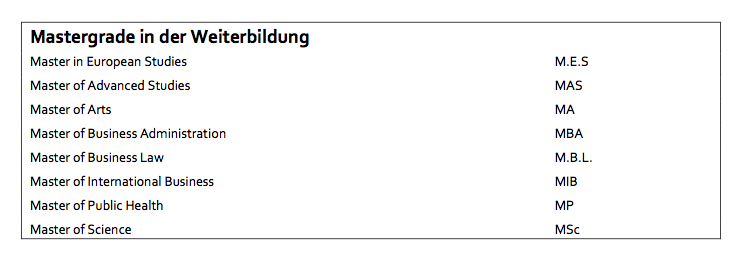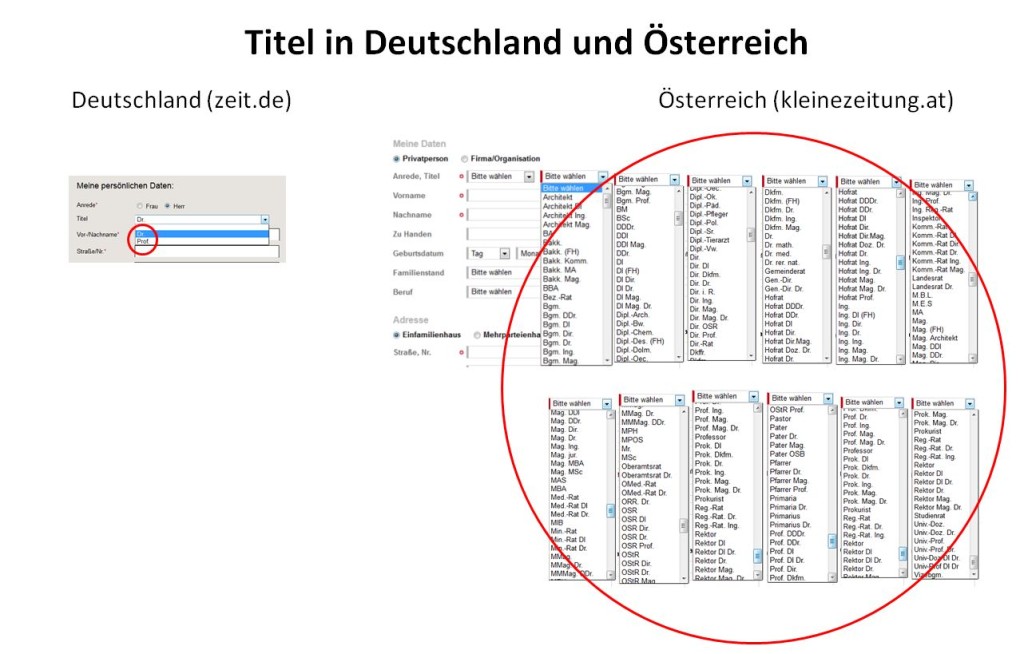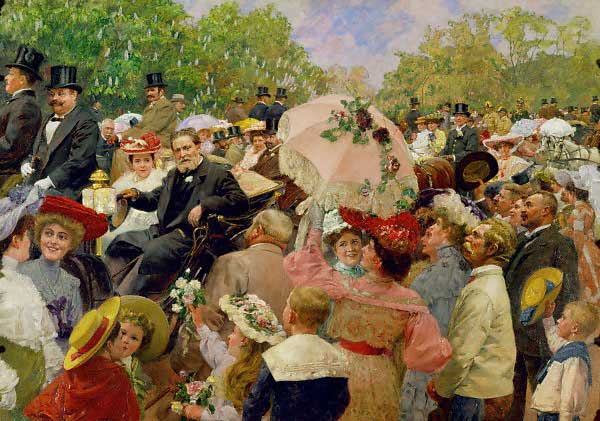An intriguing custom in Austria is for people to have titles and to be called by them.
After reading a couple posts on TripAdvisor I wanted to post something about honorary titles since they are not so commonly seen elsewhere. Austrian titles go back to the times of the Austrian Monarchy. I actually found an answer by Chris Ebbert on Quora question who explains what it is all about:
The stratification of Austrian society is highly polarised between elitist and blue collar, and works a bit like this:
Top layer, elitist: The crème de la crème of Austrian society is reserved for those with titles. Be they aristocratic, academic, or both, if you are a Herr Professor Doktor Hofrat von Blabla-Funkelstein”, you are at the top. Necessarily, that will mean old family, old money, longstanding connections and network, and very likely a nice old family home by a lake in the Steiermark region, possibly a Mercedes G model, and a doctor’s office and honorary professorship in Vienna, Graz, or Salzburg. People like that will live lovely lives, with high salaries, plenty of paid holidays, and lots of international travel.
Full Answer below
Read Chris Ebbert's answer to What is it like living in Austria? on Quora
Something to note is that the wife of someone with a title will be called “Mrs. + Title of her Husband” for example: “Frau Doktor” is the wife of someone who is a “Doktor” (not to confuse with a Medical Doctor) earned a Doctor of Philosophy, reflecting her status.

Here a couple German commercials from the 90s, with a “Zahnarztfrau” giving her seal of approval on whitening toothpaste, you know, because she is married to a dentist, so she knows!
Hence they are German ads, they too have a similar tradition when it comes to these honorific titles.
<iframe width="560" height="315" src="https://www.youtube.com/embed/dvMqG8sbTtw" frameborder="0" allow="accelerometer; autoplay; encrypted-media; gyroscope; picture-in-picture" allowfullscreen></iframe><iframe width="560" height="315" src="https://www.youtube.com/embed/Ya6Pdl90KeY" frameborder="0" allow="accelerometer; autoplay; encrypted-media; gyroscope; picture-in-picture" allowfullscreen></iframe>Then there are special titles which are bestowed by the government or a city, such as Vienna or other cities as well:
- Ingenieur: when you graduate from a technical school (age 15-19)
- Diplom Ingenieur: when you a graduate from a technical university
- Magister: for men with a Master’s degree
- Magistra: for women with a Master’s degree
- Doktor: stands for several Master degrees or a Doctor of Philosophy
- Professor: same
If a Master and a PhD is earned, the title will be as such “MAG. DR. + Name”
- Hofrat: very high ranked magistrate
- Kommerzialrat: high ranken magistrate
- Professor: for long duties for the public
- Medizinalrat and Obermedizinalrat: higher ranks doctor’s title given by the City
- Kammerschauspieler: honoury titel for actors
- Kammersänger: honoury title for singers
On the website of the Austrian Ministry of Education, Science and Research there is a list of all the academic titles in usage. There is also a full list as a pdf (in German though) you can download here.

Imagine when you fill out an application…

The TripAdvisor link I mentioned above is available here.

On a side note, Austrian citizen are not allowed to have nobility titles anymore, they were all abolished. Actually, under the new Republic, all noble titles as well as the privileges of the nobility* where abolished. I once asked my husband if we could add a “Von” in front of our last name and he said it’s “illegal”, guess we would be allowed to in the U.S if we wanted, Kat Von D. has it, but I have no idea if she actually has noble ancestry.
Latest Posts
- 15 conseils et ressources pour financer vos études aux États-Unis
- Enseigner aux États-Unis ou au Canada avec un diplôme d’un pays francophone : 6 choses à savoir
- Cultiver l’inspiration au quotidien : naviguer les attentes et la réalité
- Confluences et divergences : les destins linguistiques de la France, de la Russie et de la Chine
- NYC comme un vrai New-Yorkais: un guide pratique


Leave a Reply